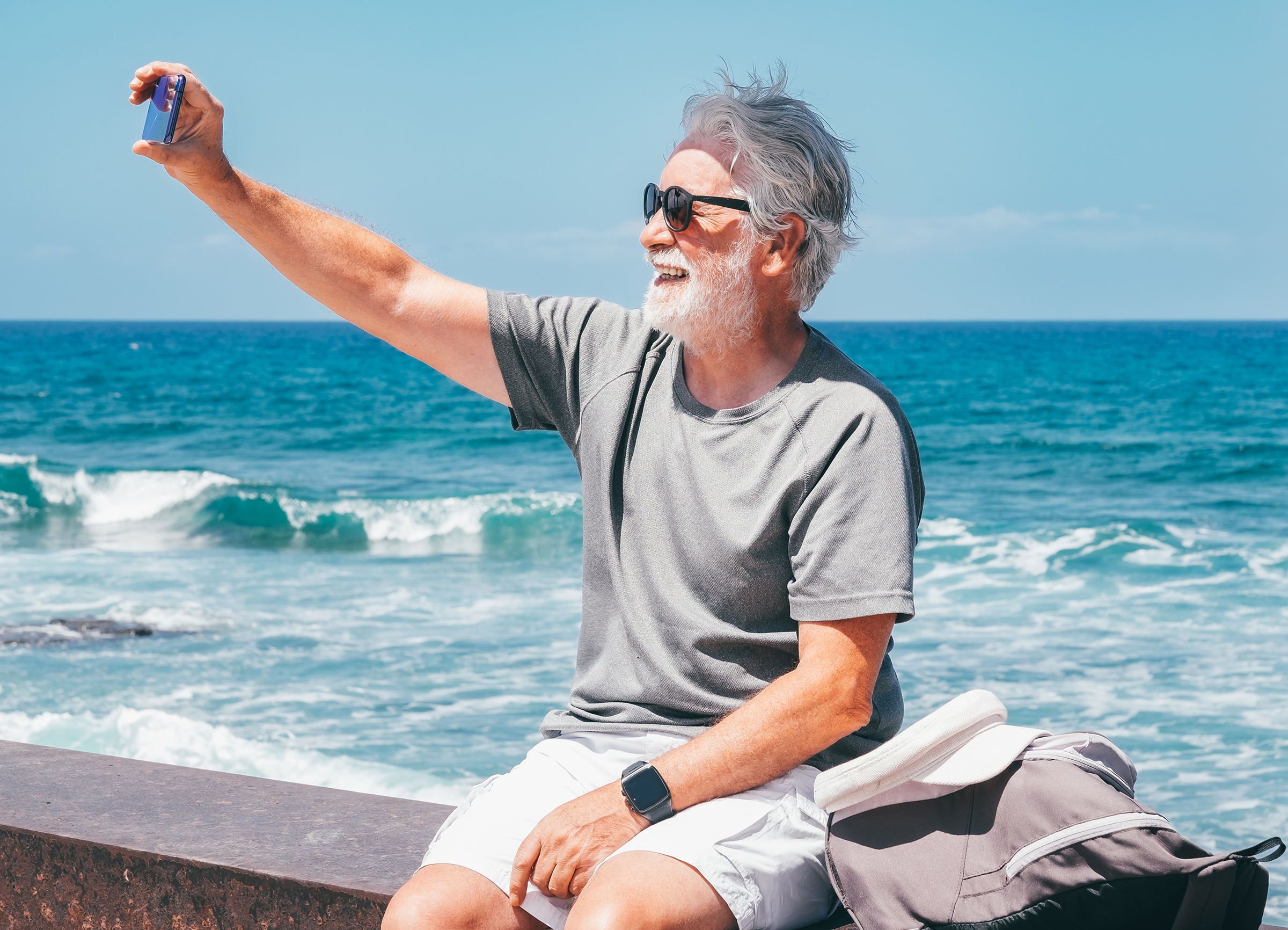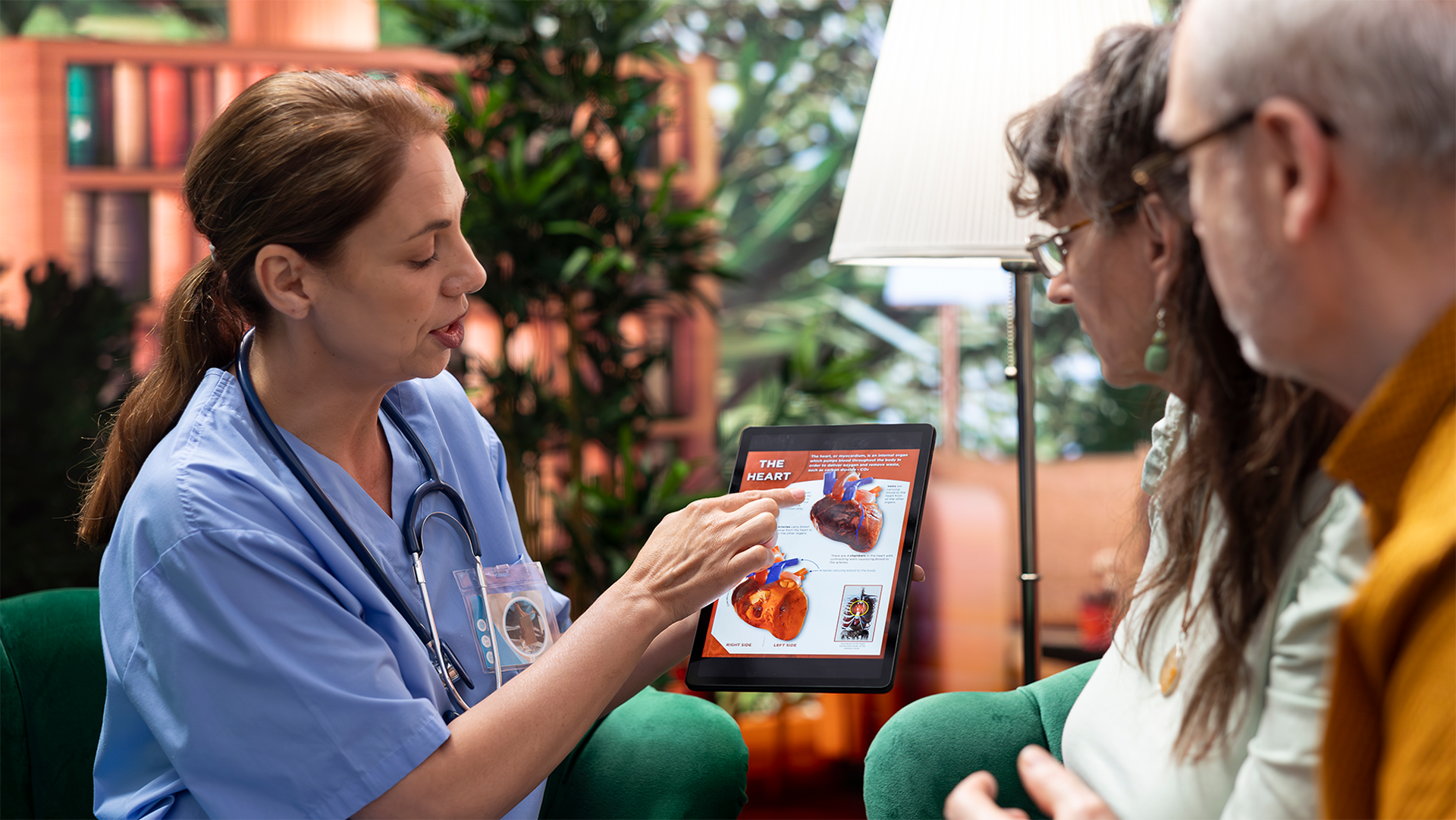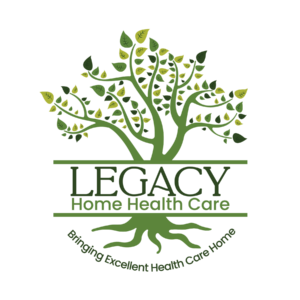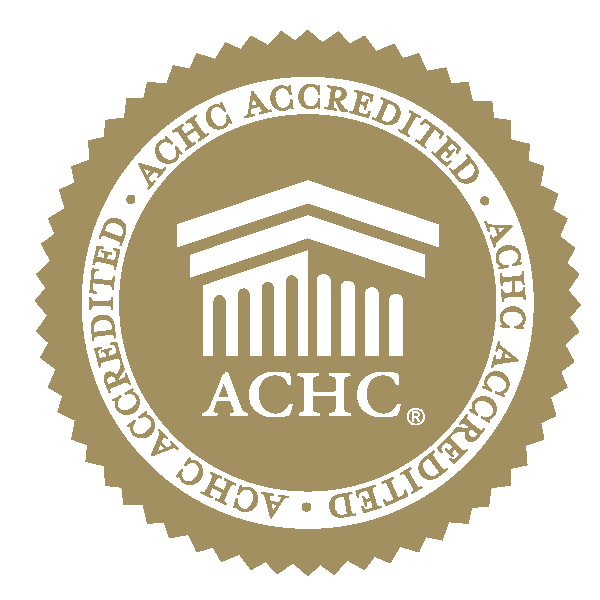Sun safety isn’t just a summer concern—it’s a year-round priority, especially here in sunny Florida. At Legacy Home Health Care, we’re marking UV Safety Awareness Month by renewing our commitment to protecting the health and well-being of our patients, many of whom may be seniors who are more vulnerable to the effects of ultraviolet (UV) radiation.
Florida’s beautiful sunshine draws people outdoors, but it can also bring with it some serious risks. The UV rays that give us that warm glow can also cause long-term skin damage, accelerate aging, and even increase the risk of skin cancer, eye disorders, and immune system suppression. Older adults, especially those managing chronic conditions or taking certain medications, need to be extra cautious in the sun.
Why UV Exposure is Riskier for Seniors
As we age, our skin becomes thinner and less resilient to environmental stressors. This makes seniors more susceptible to sunburn, sun damage, and long-term UV-related issues. UV radiation is a major cause of age-related eye problems, including cataracts, macular degeneration, and cancerous or noncancerous growths on or around the eyes.
Even more concerning, some commonly prescribed medications increase sensitivity to sunlight. These include:
- Antibiotics like tetracycline or ciprofloxacin
- Diuretics such as furosemide (Lasix)
- Antihistamines like diphenhydramine (Benadryl)
- NSAIDs, including ibuprofen and naproxen
- Heart medications such as amiodarone
- Antidepressants and anti-anxiety medications like tricyclics
These medications can cause a condition called photosensitivity, leading to exaggerated sunburn, rashes, or skin irritation even after short exposure to sunlight.
Did You Know?
At Legacy Home Health Care, our specialized nurses provide comprehensive care that includes wound care, diabetes management, nutrition education, infusion services, and medication management, among other services. We collaborate closely with your physicians to ensure you have everything you need to stay safely at home (and outside in the sun!).
Sun Safety Tips for Florida Seniors
Here’s how you or your loved ones can enjoy the sunshine safely:
☀️ Avoid peak sun hours – Try to stay indoors or in shaded areas between 10 a.m. and 4 p.m., when the sun’s rays are strongest.
🕶️ Wear UV-blocking sunglasses – Choose lenses that block 100% of UVA and UVB rays to protect against cataracts and retinal damage.
👒 Use wide-brimmed hats – These protect the face, ears, and neck—areas often missed by sunscreen.
🧴 Apply broad-spectrum sunscreen – Use SPF 30 or higher, and reapply every two hours, especially after swimming or sweating.
👕 Cover up with protective clothing – Long-sleeved shirts and pants made of tightly woven fabric offer excellent UV protection.
🧾 Check medication labels – Look for warnings about sun exposure and speak with your doctor or pharmacist if you have concerns.
🌴 Stay hydrated – High heat and sun exposure can quickly lead to dehydration, especially in older adults. Keep water nearby at all times.
Legacy’s Commitment to Healthy Aging
At Legacy Home Health Care, we recognize that healthy aging starts with prevention. Our caregivers and clinical staff are trained to spot early signs of sun-related illness and educate patients on how to stay safe while enjoying the outdoors.
Whether you’re relaxing in your garden, walking your dog, or watching the grandkids at the beach, taking simple precautions can make all the difference.
🟡 Need Help Navigating Your Medication and Sun Safety?
Our team is here to help. Contact us today to learn more about our in-home care services and personalized wellness support.

Know The Threat!
Click below to use EPA’s Daily Zip Code UV Forecast tool
Has Your Vision Already Been Damaged by UV Exposure?
Click below to learn about Legacy’s Low Vision Pathway and how our clinicians instruct on compensatory strategies to assist with vision loss and improve our patients’ safety and quality of life.
C – Communicate Clearly
Clear communication closes the gap between medical instructions and daily routines.
For patients:
- Repeat back instructions in your own words: “So I take this pill with breakfast, not before bed, correct?”
- Ask for written handouts or large-print versions if needed.
- Let providers know about hearing, vision, or memory challenges that could make following directions harder.
For caregivers:
- Double-check that instructions are understood.
- Use calendars, pill organizers, or reminder apps to simplify routines.
- Share updates with doctors if something changes—like new side effects or difficulties with daily activities.




